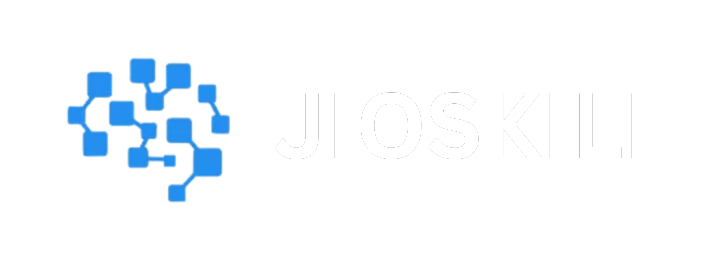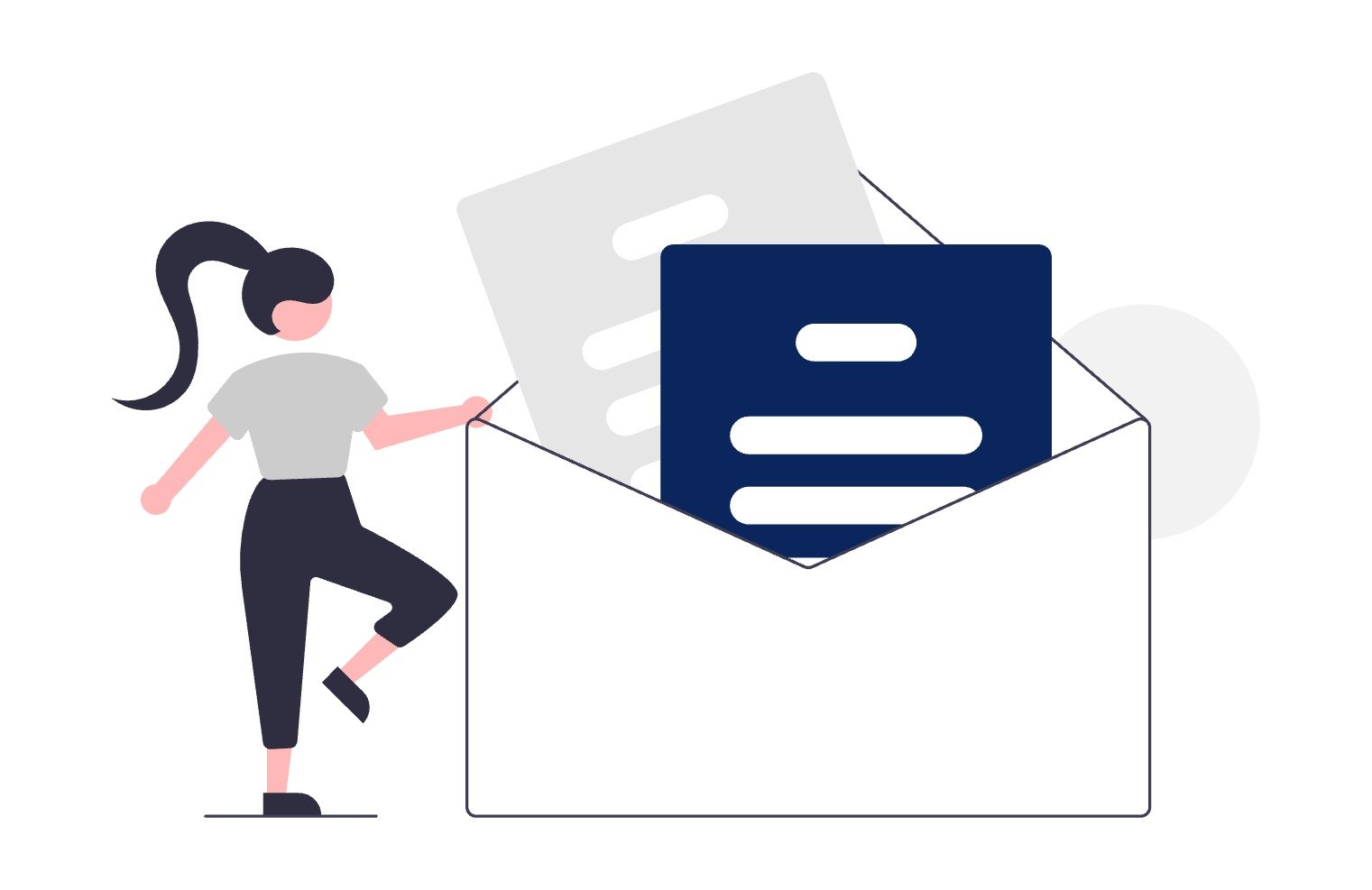Currently Empty: ₹0.00
Agentic AI & AI-Powered Agents: The Next Big Shift in Work and Technology
Agentic AI & AI-Powered Agents: The Next Big Shift in Work and Technology
Introduction: From Science Fiction to Office Reality
Not long ago, the idea of digital assistants who could think, plan, and work on our behalf felt like something out of a science-fiction movie. We had chatbots that were FAQ, voice assistants playing music, and perhaps some automation equipment that could handle repetitive features. But now, something big is getting big—Agent AI.
Unlike traditional AI, which is waiting for us to tell it what to do, agent AI goes a step forward. These AI-operated agents can understand a goal, divide it into small stages, and then perform tasks on many units or platforms with minimal human supervision. Imagine not just asking AI to prepare an entire marketing campaign, from researching competitors to analyzing planning and engagement planning. This is not a dream for tomorrow—this is happening right now.
So what exactly is Agent AI, and why do people call it the next workforce? Let’s break it.
What Exactly Is Agentic AI?
In the core, agent AI refers to artificial intelligence systems that act as “agents.” Instead of waiting for specific signals, these agents can do the following:
- Explain the goals:goals: You give them a comprehensive result, such as “launch a product campaign.
- Planning work: They detect the stages required to achieve this result.
- TAKE: They perform these stages in apps, systems, or databases.
- Self-rights: If they meet a way, they can adapt the approach.
Think of it as hiring a super-professional digital project manager who never sleeps, does not complain, and learns quickly every day.
It is very different from previous chatbots and automation tools. Traditional AI was reactive. Agent AI is active. It’s not just about answering a question; it’s about giving results.
Real-World Examples: When AI Becomes a “Teammate”
To understand the power of agentic AI, let’s look at a few practical examples that are already reshaping industries. agentic
1. Customer Support That Actually Solves Problems
Instead of waiting for a human representative, AI agents can now listen to a customer complaint, account history, or account; reset a password; free up or even continue complex problems—all without customers realizing that they do not talk to a human being. Companies such as Clarna have reported to millions of people to automate support requests using AI agents.
2. Marketing Campaigns on Autopilot
This picture:You tell your AI agent, “I want to market our new training app to young professionals in Mumbai.” The agent then researches participants, drafts advertising copies and visuals, sets targeted ads in Meta and LinkedIn, monitors performance, and even adjusts expenses based on ROI. It is not futuristic—it is already piloted at the start of the use of devices such as language-based agents.
3. Healthcare Assistance
In hospitals, AI-operated funds help with planning, patients, and even preliminary triage. Instead of waiting for hours to order an appointment, patients can interact with an agent examining the accessibility of the doctor, sharing the preparation instructions, and immediately updating medical records.
These are not insulated case studies. They are a glimpse of a future where AI not only helps people—it works with them
Why Businesses Are Paying Attention
The rise of agentic AI isn’t just a cool tech trend; it’s a business necessity. Here’s why:
1. Productivity Gains at Scale
One agent can handle the workload of multiple employees, especially in repetitive or process-heavy jobs. For businesses, that means lower costs and faster execution.
2. 24/7 Availability
Unlike humans, agents don’t need coffee breaks or weekends off. They can work around the clock, ensuring global businesses stay connected with customers in every time zone.
3. Smarter Decision-Making
Agents aren’t just task-doers—they’re data crunchers. They can analyze mountains of data in seconds and suggest strategies that might take a human team days to figure out.
4. Scalability Without Growing Headcount
Startups and small businesses, in particular, can scale their operations using agents without hiring hundreds of employees. This “tiny teams, big output” model is becoming a game-changer.
Of course, this shift raises some tough questions too—about jobs, ethics, and trust.
The Human Side: Opportunity or Threat?
Every time a large technical jump comes, the first fear is usually loss of work. And with agent AI, this concern is real. If an AI can manage the entire workflow, what happens to those who used to do these tasks?
But here’s the catch: New roles emerge as soon as they grow old. The way the emergence of the Internet created jobs such as social media manager or data analyst—roles they did not even imagine in the 1990s—agentic AI creates demand for new types of talent:
- AI supervisors who oversee agents and set goals.
- Prompt engineers who fine-tune instructions.
- Ethics officers who ensure AI agents operate responsibly.
- AI integrators who customize agents for specific industries.
Instead of replacing people, agentic AI may actually free them from repetitive tasks so they can focus on creativity, strategy, and innovation—the things machines can’t replicate.
So maybe the real question isn’t, “Will AI take my job?” but rather, “Am I ready to work with AI as my teammate?”
The Road Ahead: Challenges to Solve
For all the excitement, agentic AI is still in its early stages. Several challenges need attention before it becomes mainstream:
- Accuracy & Reliability: Agents are only as good as their training data. If they make a wrong decision, who takes responsibility?
- Security Risks: Giving AI access to emails, databases, and payment systems creates new vulnerabilities.
- Ethical Boundaries: Should agents be allowed to negotiate contracts, approve loans, or make hiring decisions?
- Regulatory Questions: Governments are already debating how to regulate autonomous AI to prevent misuse.
These aren’t small hurdles. But history shows us that every new technology—from electricity to the internet—started with concerns before becoming essential.
Conclusion: Welcoming the Era of Digital Teammates
Agentic AI tech not only has a discussion—this is a real change in how work is done. For companies, there is a chance to be more efficient, more flexible, and more customer-focused. dividuals, there is the opportunity to focus on repetition of work, know about soul-pie and what really means problem, problem-solving, and human connections.
The future workplace cannot be about humans vs. AI, but humans with AI. Instead of being afraid of a “downloadable employee,” we can see Agent AI as a colleague who takes the night shift, never complains about the time limit, and allows us to spend more time spending more time. space https://codexon.in/blog/
/https://jioskill.com/crypto-and-fintech-can-they-co-exist-in-indias-regulatory-space/
The question is that when your digital team artist appears in the office, will you be ready to work together?







